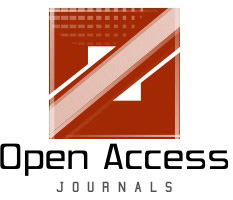STATE OF RESEARCH ON THE STRATEGY FOR MINIMIZING EQUIVALENT CONSUMPTION FOR SOLVING THE PROBLEM OF OPTIMAL CONTROL OF HYBRID VEHICLES
DOI:
https://doi.org/0.57030/ijesrt.13.8.3.2024Keywords:
Hybrid electric vehicle, Modeling, Control strategy, Energy management, ECMSAbstract
Long considered essential in our lifestyles, the automobile vehicle is today at the heart of a multitude of nuisances including atmospheric pollution, the release of greenhouse gases and the depletion of fossil fuels. Faced with these harmful effects, research efforts are continuing to accommodate modern transport needs and meet anti-pollution regulations. It is therefore necessary to develop alternative forms of transport. It is in this context that research is focusing on the development of hybrid vehicles. A hybrid vehicle is powered by two motors (electric motor and thermal engine powered by two energy sources (the fuel tank and the battery). It is therefore necessary to properly manage the distribution of power flows between the thermal engine and the electric motor in order to reduce the vehicle's fuel consumption. The role of the energy management system is to choose at any time the best distribution of power between the different energy sources so as to minimize fuel consumption and pollutant emissions The energy performance of a hybrid vehicle depends mainly on the performance of this system. This article presents a state of research on the strategy of minimizing equivalent consumption. The main objective of this method is to minimize the fuel consumption of the vehicle and reduce the relative emission of harmful emissions.











